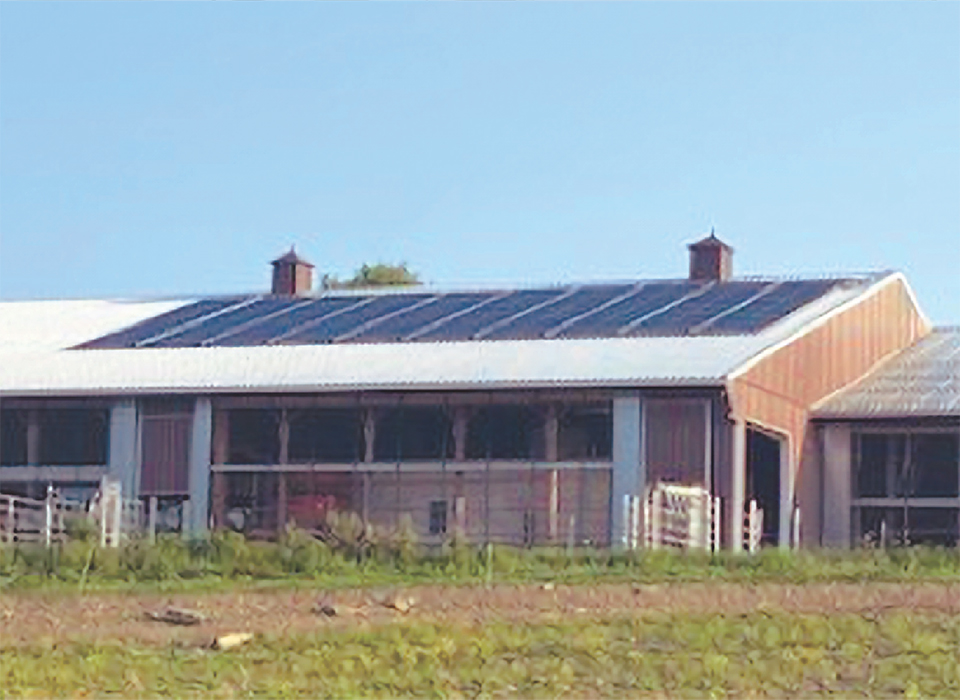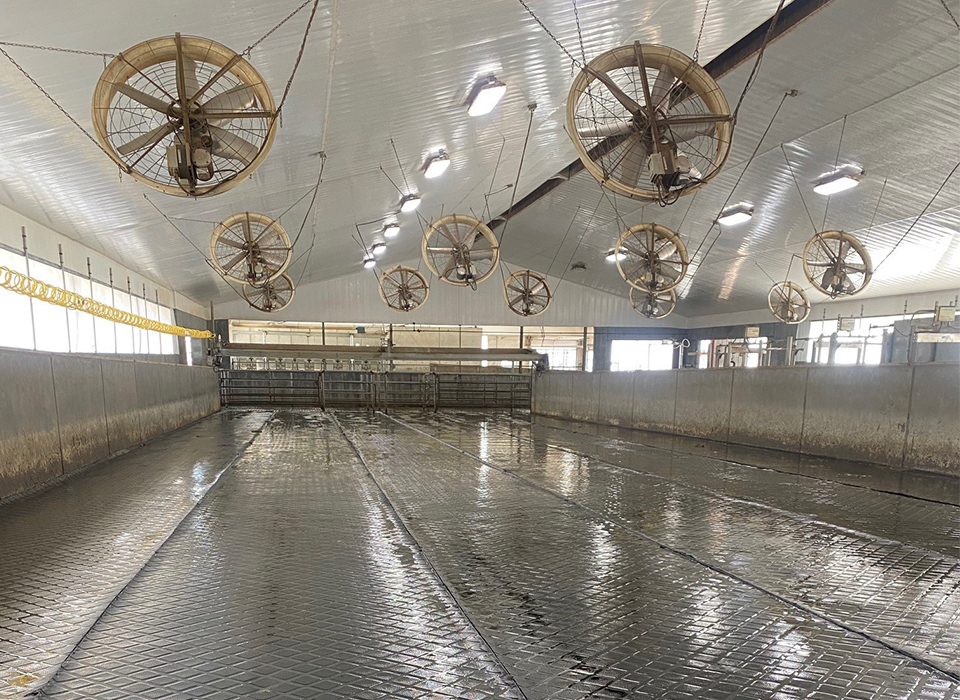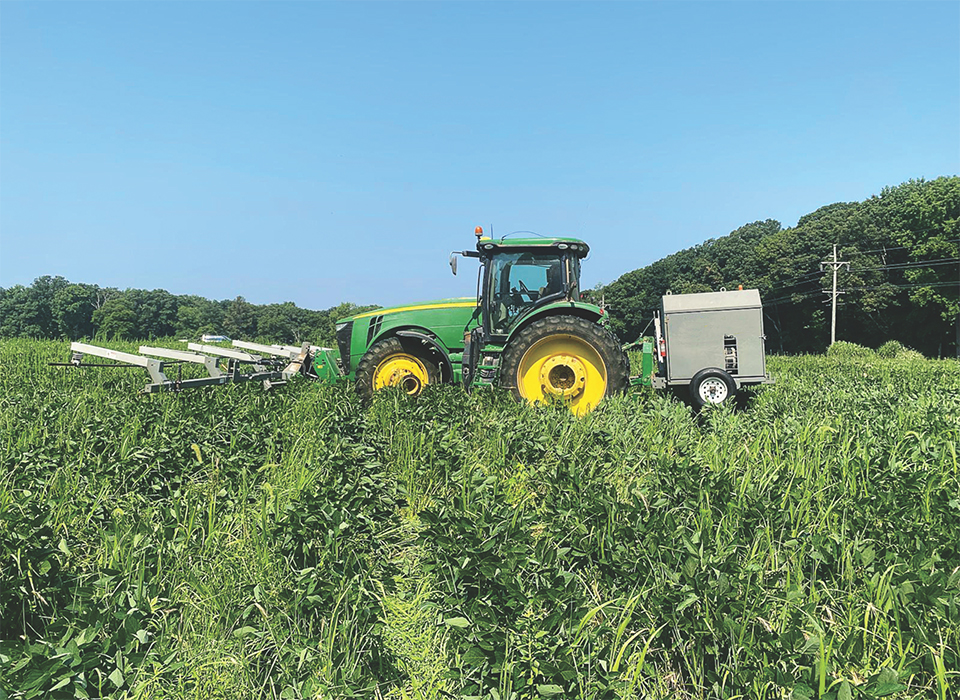We’re building the tomorrow we want to see.
Pioneering is just in our DNA. Take a look at what we’re doing.
Pioneering is just in our DNA. Take a look at what we’re doing.

Yay for solar
Solar panels installed by the Deichmann family at Willow Creek Farms in New York provide 34,667 kilowatt hours of power, reducing electricity demand by 24%. This is the equivalent of keeping 22 metric tons of carbon dioxide out of the atmosphere every year. LED lighting in the barn also helps reduce on-farm energy use.

Big water savings
In Idaho, where Nature Ridge Organic Dairy is located, water conservation is key. A water system installed at the dairy farm helps them stretch their water. The system starts with clean water, used for cleaning the milking equipment. Then that water is recycled and used to clear manure from the barn floor. Finally, the water is held in a manure storage area before being used a third time to irrigate the surrounding crop fields. This project saves 40,000 gallons of water every single day!

Zapping weeds
Tilling, or turning over soil, can be an effective way to help control weeds without using herbicides. But it can release trapped carbon from the soil, disturb the soil microbiome, and it takes fuel to do. That’s why Fair Hill Farms in Maryland is experimenting with new technology like the weed zapper. The zapper uses an electric current, instead of tilling, to kill unwanted weeds.




